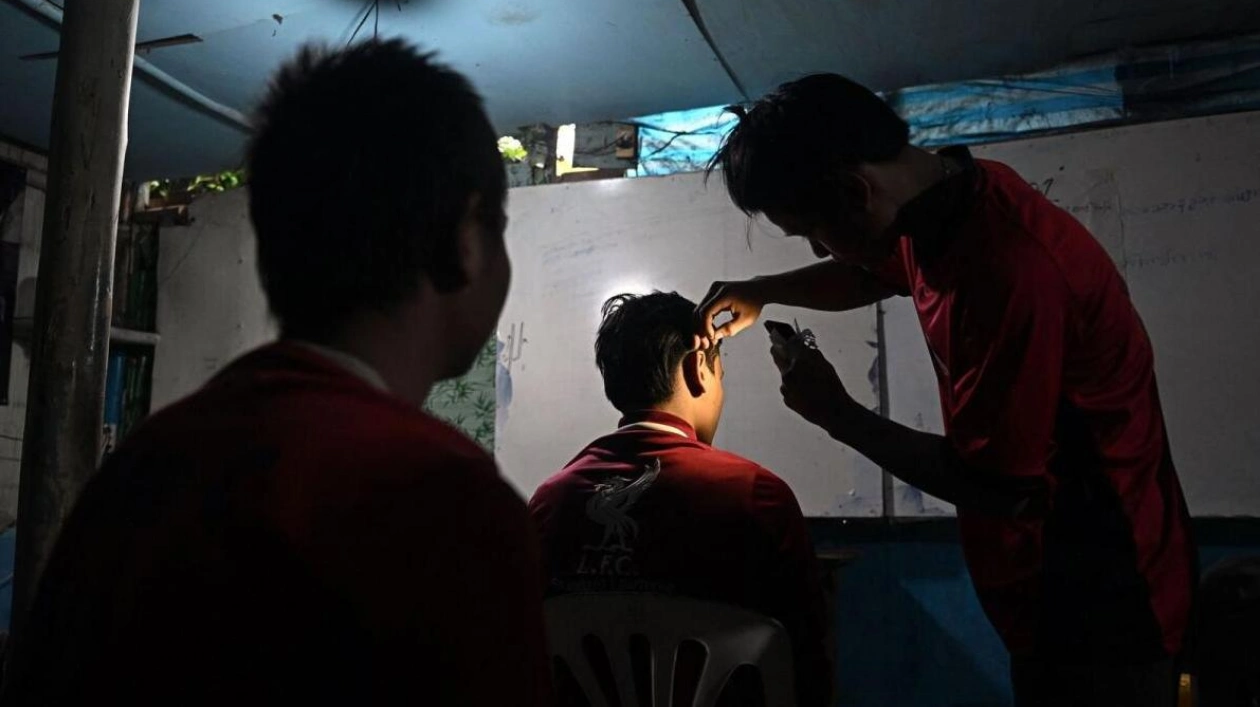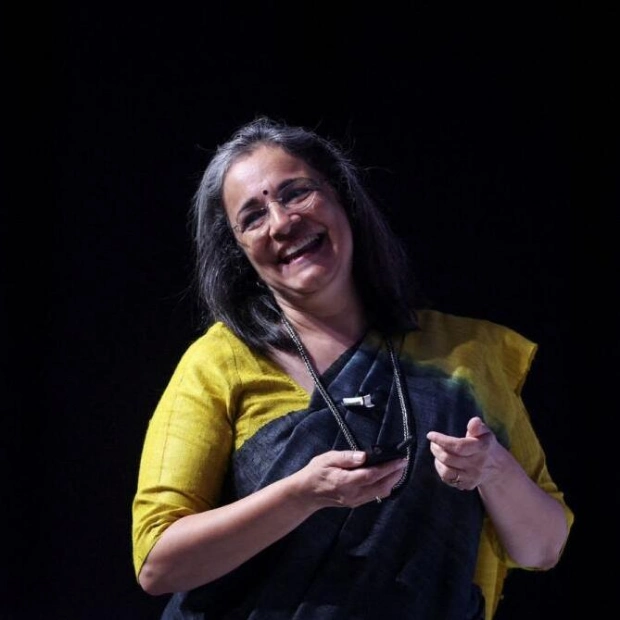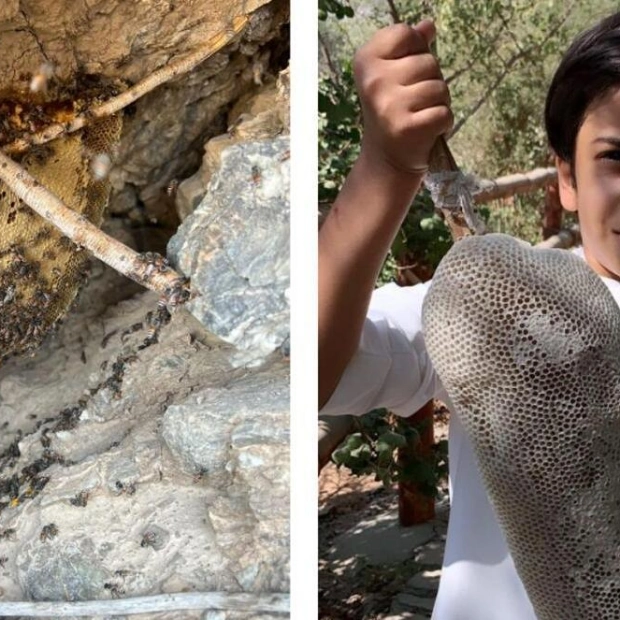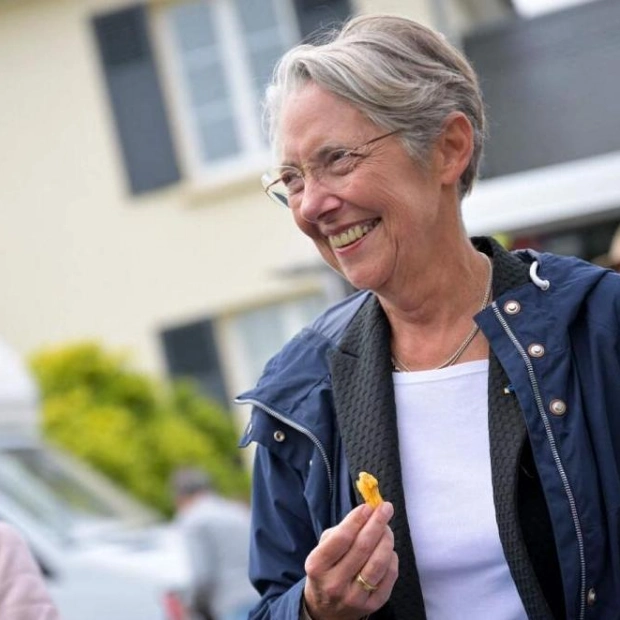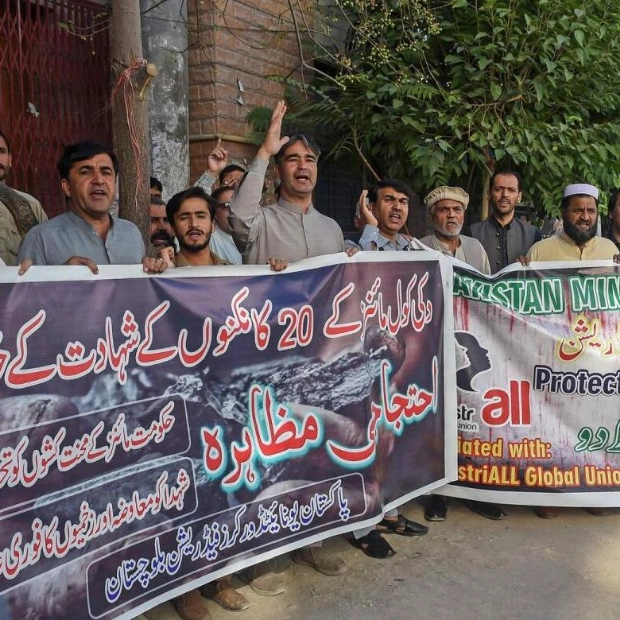In a drug treatment centre nestled in a wooden stilt house deep within the Thai jungle, young refugees from Myanmar patiently await the prick of an acupuncture needle. These youths are among the thousands who have succumbed to methamphetamine and other synthetic drugs flooding camps housing those displaced by Myanmar's civil war. The military coup in February 2021 that ousted Aung San Suu Kyi's government has led to widespread conflict, resulting in thousands of deaths, the displacement of nearly three million people, and a surge in drug production.
A rehabilitation programme in Thailand, operated by former addicts, is striving to curb the escalating addiction among young people in these camps. 'Youths from the camps are hopeless... they don't know what to do. They have no guarantee for jobs and no future,' said Marip, a counsellor and former addict who uses a pseudonym due to the stigma associated with addiction. 'They end up taking drugs. Drugs are easy to find in the camps,' the 34-year-old explained at the camp located in a remote forest in Thailand's western province of Tak.
The Drug and Alcohol Recovery and Education (DARE) rehabilitation centre, supported by the UN and other aid agencies, incorporates acupuncture into its treatment regimen, along with massages to alleviate drug cravings and yoga to manage withdrawal pains. Operating in five refugee camps and over 40 villages in Myanmar's Karen state, DARE claims a 60 percent success rate for its 90-day treatment programme. However, the centre did not permit AFP to interview any patients or former cases, citing treatment principles.
The prolonged conflict in Myanmar, coupled with the easy availability of drugs, has created a 'perfect storm,' according to Edward Blakely, a director at DARE. 'You have two large problems, trauma from people who fled their homes and saw their relatives killed and an abundant supply of drugs and a sense of hopelessness,' he said. The junta led by General Min Aung Hlaing is combating multiple armed groups opposed to its rule, leading to weakened law enforcement and increased drug production. The 'Golden Triangle' region, where Myanmar, Thailand, and Laos converge, has long been a hub for the illegal drug trade, with methamphetamine production significantly increasing, causing a crash in wholesale prices.
In the streets and camps, a tablet of 'yaba'—a potent mix of methamphetamine and caffeine—can be purchased for a minimal cost. 'They are so cheap at this point, it is really easy for people to buy drugs,' said Benedikt Hofmann, the UNODC's Southeast Asia and Pacific deputy representative. Displacement camps in Myanmar's border regions, mostly controlled by ethnic minority armed groups involved in drug production and trafficking, have seen new trafficking routes emerge due to the ongoing conflict. 'We face many difficulties in cracking down on the drug trade,' an unnamed senior anti-drugs police official in Myanmar told AFP. 'The problem is severe, as many armed groups are involved.' The burden of this crisis falls heavily on those who have suffered the most, and counsellor Marip emphasized, 'There is no price that compares to the freedom from drugs.'
Source link: https://www.khaleejtimes.com
